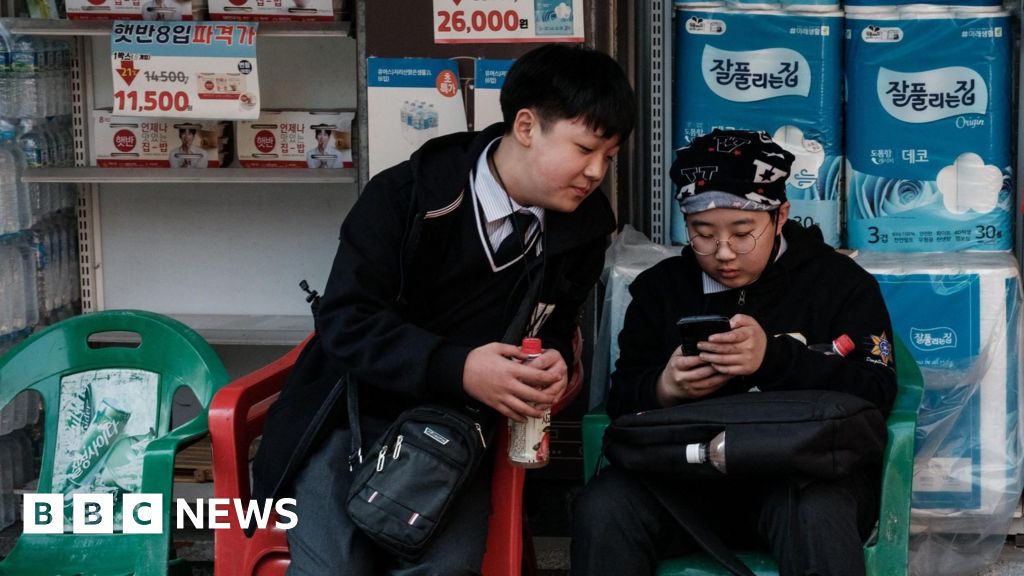South Korea's Key Legislative Change
South Korea has passed a bill banning the use of mobile phones and smart devices during class hours in schools - becoming the latest country to restrict phone use among children and teens. This law, coming into effect in March 2026, is a bi-partisan effort to mitigate smartphone addiction as more research suggests its detrimental effects on youth.
Lawmakers, parents, and educators argue that excessive smartphone use damages students' academic performance, diverting time from essential study and social engagement. However, skepticism remains, particularly from students, regarding the implications of such a ban and its ability to tackle the roots of addiction.
The law received strong support, passing with 115 votes in favor out of 163 present. While many South Korean schools already have informal bans, only a few countries, like Italy and China, have formalized such restrictions into laws. Finland and France apply phone bans, but primarily for younger students.
Concerns and Implications
Parents express concern over the pervasiveness of smartphone addiction, with data suggesting approximately a quarter of South Koreans, and notably 43% of youths, feel overly dependent on their devices. Moreover, issues such as social media bullying intensify these worries.
Some educators advocate for the policy, citing disruptions caused by smartphone use in classrooms, with claims that significant proportions of teachers have reported direct negative impacts on learning. In contrast, others argue the law infringes upon students' rights, suggesting that a more comprehensive educational initiative regarding smartphone use would be more beneficial than a simple prohibition.
The Path Ahead
With the looming implementation of this law, educators will be required to not only enforce restrictions but also provide guidance on healthy device usage. Still, debates continue regarding whether this law effectively addresses the root causes of student behavior and whether it will foster a productive learning environment without compromising students' social interactions.




















